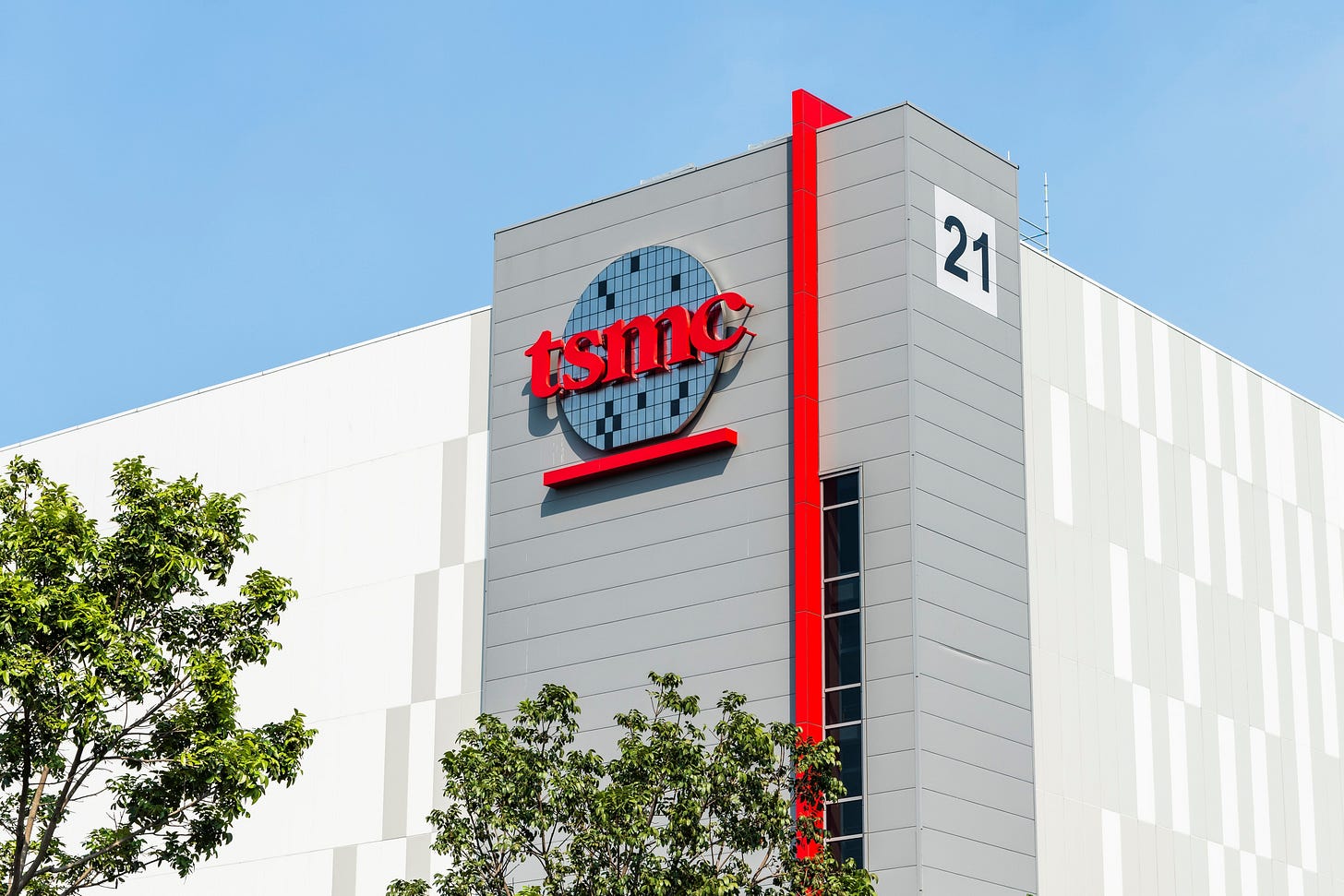TSMC’s 2nm Process on Track for 2025
Foundry Giant Accelerates U.S. 2nm Deployment Amid Global Chip Race
Taiwan Semiconductor Manufacturing Co. (TSMC) is set to begin volume production of its highly anticipated 2-nanometer (nm) chips in the second half of 2025, according to supply chain sources cited by DIGITIMES. Despite a record-high foundry price of around US$30,000 per wafer, major chipmakers are lining up to secure orders.
Apple, AMD, Qualcomm, MediaTek, Broadcom, and Intel are expected to be the first customers to adopt or begin mass production using the cutting-edge process by the end of next year.
Meanwhile, construction in Arizona is accelerating. Commercial Times indicates that TSMC’s P3 facility is actively under development, with contractors already stationed at the P2 plant. Tendering for P3 has begun, while preparations for a P4 site are expected to start in mid-2026. Both P3 and P4 will be equipped with 2nm capabilities, highlighting TSMC’s determination to expand its U.S. footprint.
Looking ahead, production momentum will continue to build. By 2026, output for the initial six customers is projected to surge, while in 2027, more than ten additional companies—including NVIDIA, Amazon’s Annapurna Labs, and Google—are slated to enter 2nm mass production.
To meet this demand, TSMC is boosting monthly output at its Hsinchu Baoshan Fab 20 and Kaohsiung Fab 22. Its 4nm and 3nm lines are already fully booked through late 2026, providing the chipmaker with a strong buffer against external pressures such as tariffs, currency fluctuations, and rising costs. Analysts expect the company’s profitability in 2025 and 2026 to exceed market forecasts.
At the same time, TSMC is adjusting its supply chain portfolio. Nikkei Asia reported that the company has decided to phase out Chinese-made equipment from its most advanced 2nm fabs. The move is aimed at avoiding potential restrictions under upcoming U.S. regulations and reducing reliance on China for materials and chemicals in both Taiwan and U.S. operations.
According to three people familiar with the matter, the decision was heavily influenced by the proposed Chip Equipment (EQUIP) Act, introduced by U.S. Senator Mark Kelly. The legislation would bar any semiconductor company receiving U.S. subsidies or tax incentives from purchasing tools supplied by “foreign entities of concern”—a category widely understood to include Chinese vendors.
With 2nm set to become the new battleground for performance and efficiency, TSMC appears determined not only to lead technologically but also to realign its global supply chain to navigate geopolitical headwinds.

